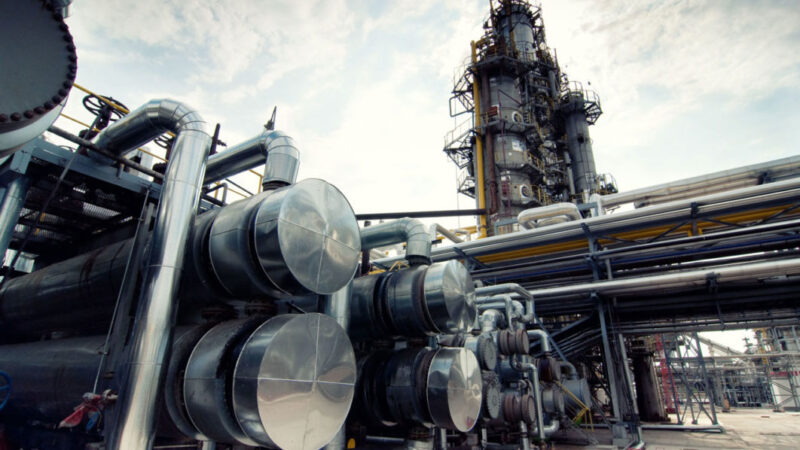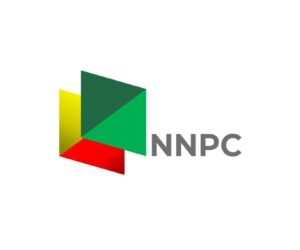The Nigerian Upstream Petroleum Regulatory Commission (NUPRC) said it has taken significant steps to safeguard the country’s oil and gas sector by securing over $400 million in pre-sale decommissioning and abandonment liabilities through letters of credit and escrow accounts.
The NUPRC’s Head of Media and Strategic Communications, Eniola Akinkuotu, in a statement, said its Chief Executive, Gbenga Komolafe, disclosed this while speaking at the Nigerian Extractive Industries Transparency Initiative (NEITI) Companies Forum, held in Lagos on Wednesday.
“Over $400 million in pre-sale decommissioning and abandonment liabilities have been secured through Letters of Credit and escrow accounts. Host Community Development Trust obligations are fully honoured. Environmental remediation commitments worth over $9.2 million have been pledged while awaiting the formal gazetting of the ERF Regulations,” Mr Komolafe said.
Mr Komolafe said the commission had drawn lessons of divestments from lessons of the North Sea, where decommissioning is estimated at £27 billion by 2032, the Gulf of Mexico costing over $9 billion and in Canada’s Alberta, more than 97,000 inactive or abandoned wells now carry an estimated decommissioning and abandonment cost of between C$30 and C$70 billion.
In Australia, he said Northern Oil & Gas Australia in 2019 left behind liabilities of more than AU$200 million.
He added that the lessons from these experiences guided the recent divestment approvals from NAOC to Oando Energy Resources; Equinor to Chappal Energies; Mobil Producing Nigeria Unlimited to Seplat Energies; SPDC to Renaissance Africa Energy; and TotalEnergies to Telema Energies.
“Without a robust and enforceable framework for abandonment and decommissioning, divestment transitions can create lasting financial and environmental burdens. Nigeria is not immune to this challenge, and if we are to avert costly mistakes.
“It is precisely to avoid this outcome that Nigeria, through the Petroleum Industry Act and subsequent regulatory actions, has taken bold and decisive steps,” Mr Komolafe said.
Mr Komolafe, represented by the Deputy Director, Human Resources, Corporate Services & Administration, Efemona Bassey, highlighted Nigeria’s response to the recent divestments in line with Sections 232 and 233 of the Petroleum Industry Act (PIA) which place full responsibility for the decommissioning and abandonment of petroleum wells, installations, structures, utilities, plants, and pipelines on licensees and lessees.
He said chapter 3 of the PIA and Section 104 of the PIA, establish specific obligations for host community development and environmental remediation respectively.
Mr Komolafe said each of the 2024 divestments provided a critical opportunity to put the commission’s divestment framework to test and action.
“By rigorously assessing the technical capacity of acquiring entities, verifying their financial strength, and securing decommissioning and abandonment obligations through upfront escrow arrangements.”
He said the results from 2024 speak for themselves.
Beyond the significant progress achieved through the divestment framework, he said, it is important to highlight another milestone.
“Since April 2023, we have approved 94 Decommissioning and Abandonment (D&A) plans, in strict alignment with the PIA. These approvals represent total liabilities of $4.424 billion, arising from all field development plans submitted within this period, and will be remitted progressively over the production life of the respective fields into designated escrow accounts,” he added.
He noted that the commission has addressed a long-standing concern with the IOCs regarding the domiciliation of the escrow accounts; and the regulatory framework, developed after extensive consultations with industry stakeholders, is now awaiting gazetting by the Ministry of Justice.
“In addition to divestments, the commission has been working together with operators, particularly members of Oil Producers Trade Section (OPTS), on life extension projects, ranging from facility integrity audits to subsea upgrades and enhanced reservoir management measures that sustain safe production, delay decommissioning, reduce environmental risks, and secure resilience across our mature fields,” he said.












